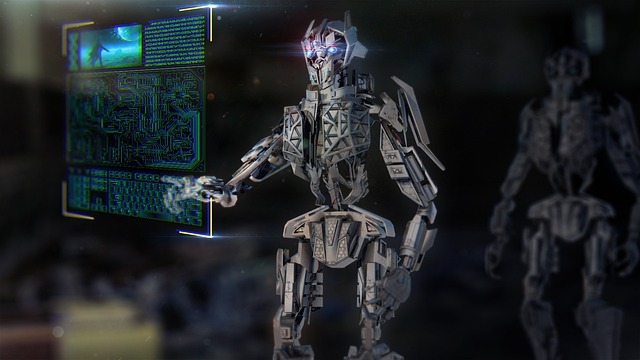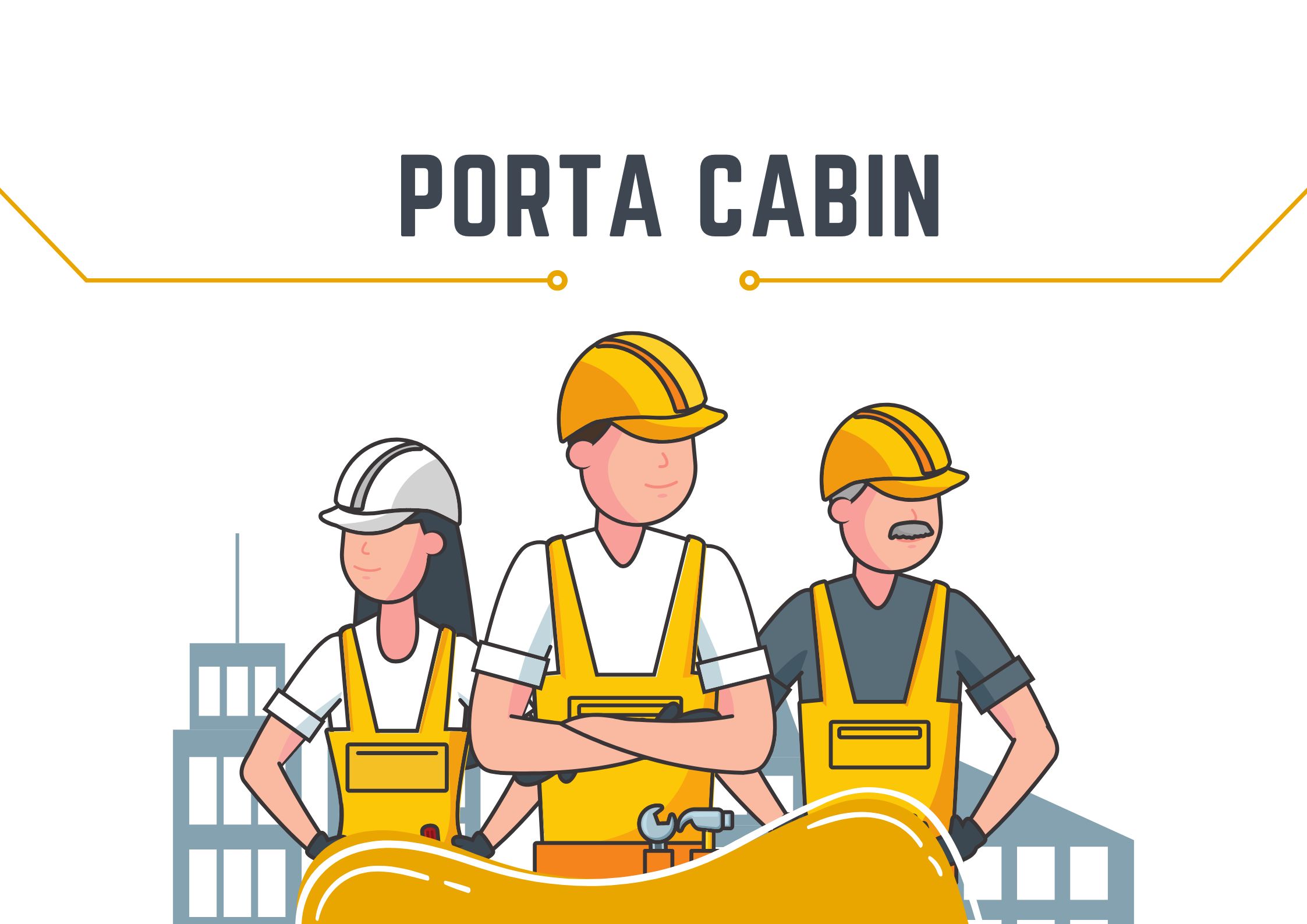In today’s rapidly advancing world, we are witnessing the rise of artificial intelligence (AI) in various industries. From self-driving cars to virtual assistants, AI has been transforming the way we live and work. With these technological advancements, concerns about the impact of AI on human workers have also been growing. Will AI replace human workers? Can humans compete with the efficiency and accuracy of AI? In this blog post, we will explore the ongoing debate between AI and human workers in the job market and try to understand who will prevail.
The Rise of AI in the Job Market
Artificial intelligence has made significant advancements in recent years, taking over tasks that were once performed solely by humans. AI-powered machines can now perform complex calculations, analyze vast amounts of data, and even make decisions. This has resulted in increased efficiency and productivity in many industries, such as manufacturing, healthcare, finance, and transportation.
One of the primary advantages of AI in the job market is its ability to perform repetitive and mundane tasks with precision and accuracy. For example, in manufacturing, robots equipped with AI can assemble products faster and more consistently than humans. This not only reduces the overall cost of production but also minimizes errors and defects.
Furthermore, AI has the potential to enhance the capabilities of human workers. By automating routine tasks, AI enables humans to focus on more complex and creative aspects of their jobs. For instance, in customer service, AI-powered chatbots can handle basic inquiries, allowing human representatives to address more complex customer concerns and provide personalized solutions.
The Unique Skills of Human Workers
While AI has undoubtedly made significant advancements, human workers possess unique skills and qualities that cannot be easily replicated by machines. One such skill is emotional intelligence. Humans excel in understanding and empathizing with others, which is crucial in many professions like counseling, teaching, and healthcare. AI may be able to provide information and data, but it still lacks the ability to demonstrate genuine emotions and offer emotional support.
Additionally, human workers possess creativity and critical thinking skills, which are essential in problem-solving and innovation. These skills allow humans to adapt to new situations, think outside the box, and come up with innovative solutions. The ability to connect seemingly unrelated ideas and find novel approaches is something that AI, with its reliance on algorithms and pre-defined patterns, still struggles to achieve.
Furthermore, human workers are invaluable in roles that require subjective decision-making. For example, judges, art critics, and political leaders make decisions based on their experiences, personal values, and the understanding of complex social dynamics. These decisions often involve balancing multiple factors and considering the broader societal impact, something that AI, which relies on data and predefined rules, finds challenging.
The Impact of AI on Job Market
The widespread adoption of AI has undoubtedly had an impact on the job market. Some fear that AI will lead to mass unemployment, making human workers obsolete. However, historical evidence suggests otherwise. Throughout history, technological advancements have often resulted in the creation of new jobs and the adaptation of existing ones. AI is likely to follow a similar trajectory.
While certain job roles may become automated, new jobs will emerge alongside AI. These jobs will require a combination of technical skills and human attributes such as creativity, emotional intelligence, and adaptability. Furthermore, as AI takes over routine tasks, human workers will have the opportunity to upskill and focus on areas where their unique qualities shine.
Preparing for the Future Job Market
As AI continues to progress, it is essential for individuals to adapt and prepare for the changing job market. Here are a few steps to consider:
1. Embrace Lifelong Learning
In a world where technology is constantly evolving, learning should not end with formal education. Embrace the concept of lifelong learning, continuously updating your skills and knowledge to stay relevant in the job market. Upskilling in areas that complement AI, such as creativity, critical thinking, and emotional intelligence, will be crucial.
2. Develop Unique Human Skills
Focus on developing skills that are uniquely human and cannot be easily replicated by machines. These include creativity, empathy, complex problem-solving, and adaptability. By honing these skills, you can differentiate yourself in the job market and become an asset to organizations utilizing AI technologies.
3. Embrace Collaboration
Collaboration between humans and AI is key to harnessing the full potential of both. Learn to work alongside AI-powered systems and understand their capabilities and limitations. Embrace the opportunities presented by AI to enhance your productivity and effectiveness in the workplace.
4. Explore New Job Opportunities
As AI technology continues to evolve, new job opportunities will emerge. Stay updated on industry trends and explore emerging fields that have a strong synergy with AI. Look for positions that require a combination of technical expertise and human skills, such as AI ethics consultants, data scientists, and AI trainers.
Conclusion
While the rise of AI in the job market has sparked concerns about human workers becoming obsolete, the reality is far more nuanced. AI brings immense benefits in terms of increased efficiency and productivity, but human workers possess unique skills that cannot be easily replicated by machines. The key lies in understanding how AI and human workers can collaborate and complement each other in the workplace.
As AI continues to progress, it is crucial for individuals to adapt and prepare for the changing job market. Lifelong learning, developing unique human skills, embracing collaboration, and exploring new job opportunities will be vital to stay relevant and thrive in a world where AI is increasingly prevalent.
So, who will prevail in the job market? It is not a competition between AI and human workers but rather a synergy that combines the strengths of both. By leveraging the best of what AI has to offer and embracing our unique human qualities, we can create a future where both AI and human workers thrive together, leading to a more productive and balanced job market.




